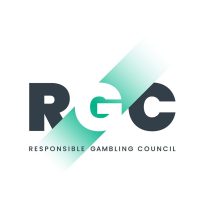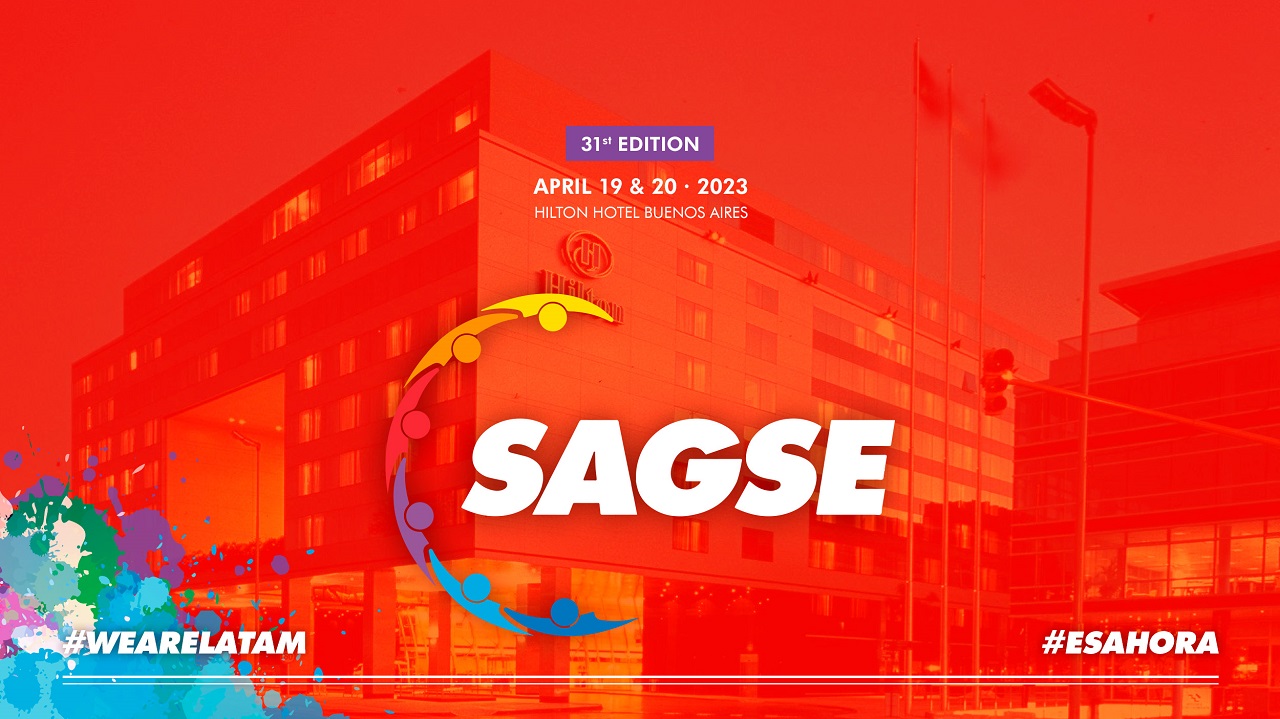
The states with the best support for problem gambling have been revealed
- Nevada, the best state for gambling in America, takes first place as the state with the best help for gambling addictions
- Oregon comes in second place, with the second-highest spending on problem gambling treatment per capita
- Louisiana, one of the most well-known gambling states, comes in seventh place
Nevada has the best support for problem gambling in America, new research has revealed.
Online gambling experts, CasinoGrounds, investigated which states have the best support for problem gambling and gambling addiction in America. States received a score out of 10 for factors based the popularity of gambling and presence of problem gambling in the state, the number of treatment facilities, and the amount of funding each state has towards supporting gambling addictions.
Nevada, the top gambling state in America, has also been revealed to be the best state for supporting problem gambling. Thanks to Las Vegas, the state is infamous for its gambling opportunities, but the data shows that it has the best support for those suffering from gambling addiction. The state has the country’s fifth-highest percentage of people suffering with a gambling problem, at 2.7%, but also provides the most treatment facilities of any state. With 123 gamblers’ anonymous meetings available throughout the state per week and state affiliate associations to the NCPG and state-specific agencies, Nevada has the best support for problem gambling.
The second best state for supporting gambling addiction is Oregon. Another popular state for gambling due to the wide variety of legal games available, Oregon comes in sixth place for the presence of problem gambling – of the total adult population, 2.6% are believed to suffer from a gambling addiction. The state has the second-highest spending on treating problem gambling, at $1.41 per capita. The state also has both state affiliations to the NCPG and state-specific agencies, providing the widest variety of support to Oregon residents.
Coming in third place is Connecticut. The state has one of the lowest percentages of problem gambling in America, at 1.1% of the adult population, coming second to Michigan. Once again, the state has both state affiliations and specific agencies providing support. Connecticut ranks fourth on access to gambling addiction treatment facilities, with 64 locations throughout the state. When it comes to spending on problem gambling, Connecticut comes sixth, at $0.90 per capita.
In fourth place is Michigan, boasting the lowest incidence of problem gambling in America at 0.5%. This could be the reason why the state ranks low on facilities and spending on treatment of gambling addiction, ranking 21st on facilities, and spending only $0.23 per capita.
Closing out the top five is Massachusetts, where 1.7% of the adult population reportedly suffer with a gambling addiction, with the state spending a total of $6.8 million on support and treatment, equating to $0.98 per capita. Massachusetts comes in fifth place for treatment facilities, with 41 weekly Gambling Anonymous meetings throughout the state and 107 facilities for treatment.
At the other end of the scale, the states that provide the least support for problem gambling include Hawaii, Utah, and Alaska, all of which have a legal ban on gambling, explaining why there is little support in the state. However, Idaho and Arkansas, coming 48th and 49th respectively, both rank poorly due to the lack of spending on treatment for problem gambling and the lack of facilities available.
The states providing the best support for problem gambling:
| State | Best support for problem gambling | % of population suffering with problem gambling | Spending on problem gambling treatment per capita ($) | Problem gambling treatment facilities ranking |
| Nevada | 1 | 2.7% | 0.56 | 1 |
| Oregon | 2 | 2.6% | 1.41 | 6 |
| Connecticut | 3 | 1.1% | 0.90 | 4 |
| Michigan | 4 | 0.5% | 0.23 | 21 |
| Massachusetts | 5 | 1.7% | 0.98 | 5 |
| Delaware | 6 | 1.4% | 1.44 | 34 |
| Louisiana | 7 | 1.3% | 0.61 | 10 |
| Nebraska | 8 | 2.2% | 0.88 | 22 |
| Ohio | 9 | 1.4% | 0.55 | 16 |
| Maryland | 10 | 1.9% | 0.62 | 12 |
| Missouri | 11 | 2.2% | 0.04 | 39 |
| North Dakota | 12 | 1.5% | 1.05 | 35 |
| New York | 13 | 1.2% | 0.15 | 9 |
| Iowa | 14 | 1.2% | 0.99 | 36 |
| Arizona | 15 | 1.6% | 0.28 | 7 |
| Pennsylvania | 16 | 2.2% | 0.51 | 17 |
| New Jersey | 17 | 2.8% | 0.30 | 3 |
| Rhode Island | 18 | 2.2% | 0.14 | 2 |
| Indiana | 19 | 1.2% | 0.16 | 20 |
| Florida | 20 | 1.1% | 0.12 | 24 |
| Wisconsin | 21 | 1.3% | 0.08 | 11 |
| South Dakota | 22 | 1.4% | 0.20 | 19 |
| Washington | 23 | 2.1% | 0.21 | 8 |
| Minnesota | 24 | 3.6% | 0.40 | 13 |
| Oklahoma | 25 | 2.2% | 0.28 | 14 |
| California | 26 | 1.9% | 0.22 | 18 |
| Kentucky | 27 | 1.1% | 0.02 | 27 |
| Kansas | 28 | 2.8% | 0.31 | 25 |
| Illinois | 29 | 2.2% | 0.09 | 15 |
| Georgia | 30 | 1.4% | 0.04 | 29 |
| West Virginia | 31 | 2.2% | 0.83 | 38 |
| North Carolina | 32 | 2.2% | 0.10 | 30 |
| Colorado | 33 | 2.4% | 0.04 | 23 |
| New Mexico | 34 | 1.2% | 0.41 | 37 |
| Mississippi | 35 | 3.9% | 0.09 | 26 |
| Virginia | 36 | 2.2% | 0.00 | 31 |
| Texas | 37 | 2.2% | 0.00 | 32 |
| Montana | 38 | 2.5% | 0.04 | 33 |
| Washington | 39 | 0.0% | 0.00 | 28 |
| Vermont | 40 | 2.2% | 0.32 | 42 |
| Alabama | 41 | 2.2% | 0.01 | 44 |
| Maine | 42 | 2.2% | 0.07 | 40 |
| New Hampshire | 43 | 2.2% | 0.02 | 41 |
| Tennessee | 44 | 2.2% | 0.03 | 45 |
| South Carolina | 45 | 2.2% | 0.01 | 43 |
| Wyoming | 46 | 2.2% | 0.05 | 46 |
| Hawaii | 47 | 2.2% | 0.00 | 47 |
| Idaho | 48 | 2.2% | 0.00 | 48 |
| Arkansas | 49 | 2.2% | 0.00 | 49 |
| Utah | 50 | 2.2% | 0.00 | 50 |
| Alaska | 51 | 2.2% | 0.00 | 51 |
A spokesperson for CasinoGrounds commented on the findings:
“Gambling addiction is a very serious and often dangerous issue that can affect millions of individuals. It is interesting to see how much support is available across the United States to support those suffering and help people on the road to recovery. Nevada is one of the most well-known states for gambling, so it is promising to see the state coming out on top providing the most support to residents. Gambling addiction is a very serious problem everyone should seek the support they need to avoid taking gambling beyond a healthy level.”
The research was carried out by CasinoGrounds.com, the leading online gambling community, which promotes safe and responsible practice and discussions around gambling.











